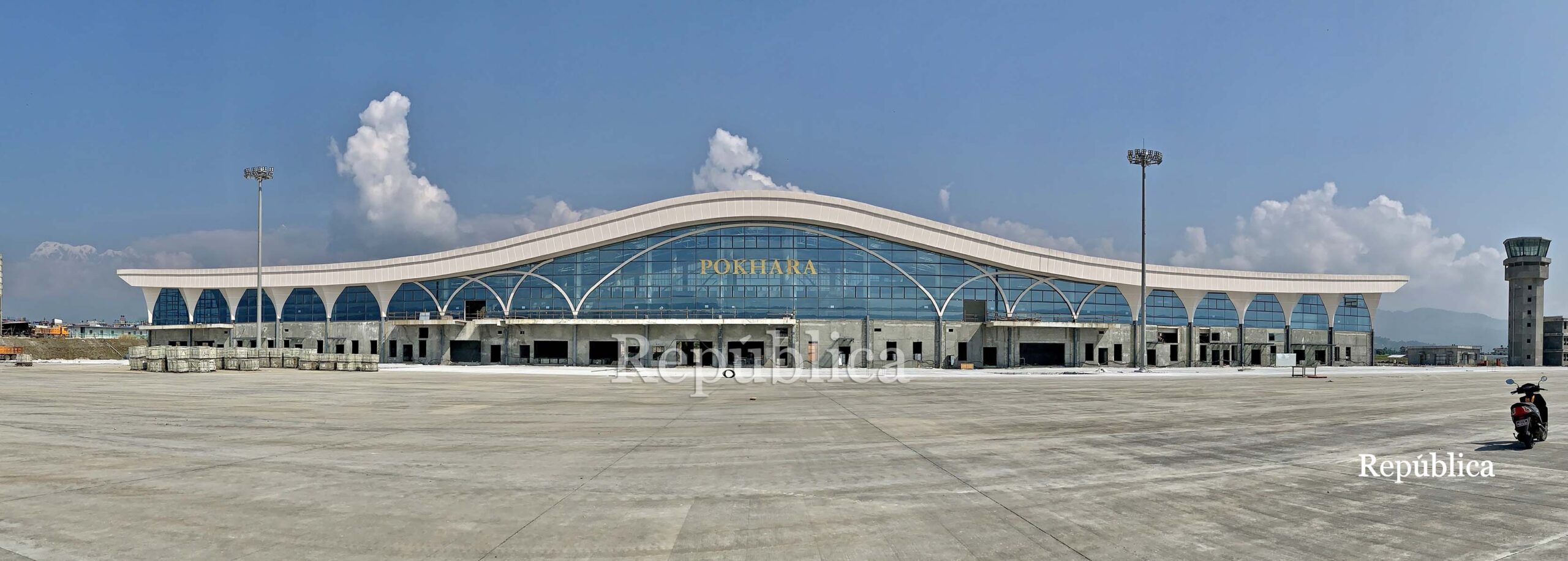
By Our Reporter
The Pokhara International Airport project, intended to showcase Nepal’s infrastructure growth, has instead revealed significant corruption and a concerning lack of accountability. A thorough investigation by the Public Accounts Committee (PAC), led by Rastriya Prajatantra Party chief Rajendra Lingden, showed how the airport’s cost jumped from an initial 14 billion rupees to 22 billion, obviously due to irregularities. These included limiting bidding to Chinese contractors, artificially inflating costs through questionable Bill of Quantities, and allowing “additional items” worth USD 15.23 million without proper justification. The Auditor General’s report also highlighted tax exemptions that exceeded 2.22 billion rupees, which went against the contract terms.
Despite clear evidence and PAC’s formal recommendation to the Commission for the Investigation of Abuse of Authority (CIAA) for legal action, the antigraft body has stayed unusually quiet for over two months. This silence is particularly noticeable given the seriousness and extent of the alleged irregularities. Eight officials, including current and former directors of the Civil Aviation Authority of Nepal (CAAN), were specifically named for immediate suspension and investigation. Yet, these individuals continue their roles without facing any consequences.
The reasons for CIAA’s inaction are easy to guess. Chief Commissioner Amrit Rai, appointed by Prime Minister KP Sharma Oli, has often faced criticism for selective prosecution. His time in office has already drawn criticism from the Special Court over his handling of the wide-body aircraft purchase scam, where he was accused of targeting some parties while protecting others. Given this background, Rai’s hesitation—or reluctance—to pursue a case against officials allegedly connected to the Prime Minister and his party raises serious concerns about the agency’s independence.
Political observers note that the Pokhara Airport scam is not just an isolated case but part of a larger trend where party connections seem to protect officials from scrutiny. Unified Socialist lawmaker Prem Ale openly criticized the hold-up, pointing out that over 100 days had gone by while alleged corrupt officials remained "walking freely." Lingden described the CIAA’s inaction as “mysterious” and warned of possible political interference in the agency’s mandate.
The CIAA’s ongoing silence has undermined public trust. When an organization meant to uphold integrity becomes selective, the difference between law enforcement and political protection becomes unclear. If the allegations against those associated with PM Oli and his party are allowed to go uninvestigated, it sets a dangerous precedent: that high-level connections can put public funds beyond scrutiny.
The Pokhara Airport scam is a crucial test for Nepal’s anti-corruption drive . How it is handled will indicate whether the country’s key institutions can function independently or if political favoritism will continue to control the rule of law.





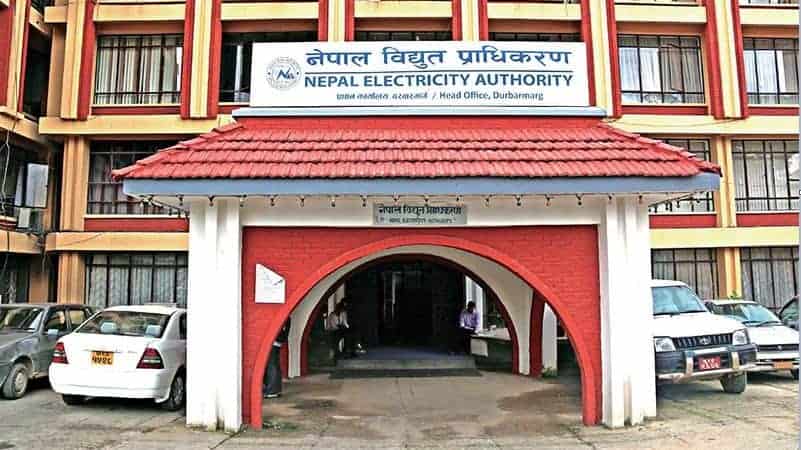
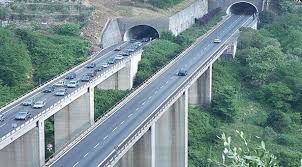
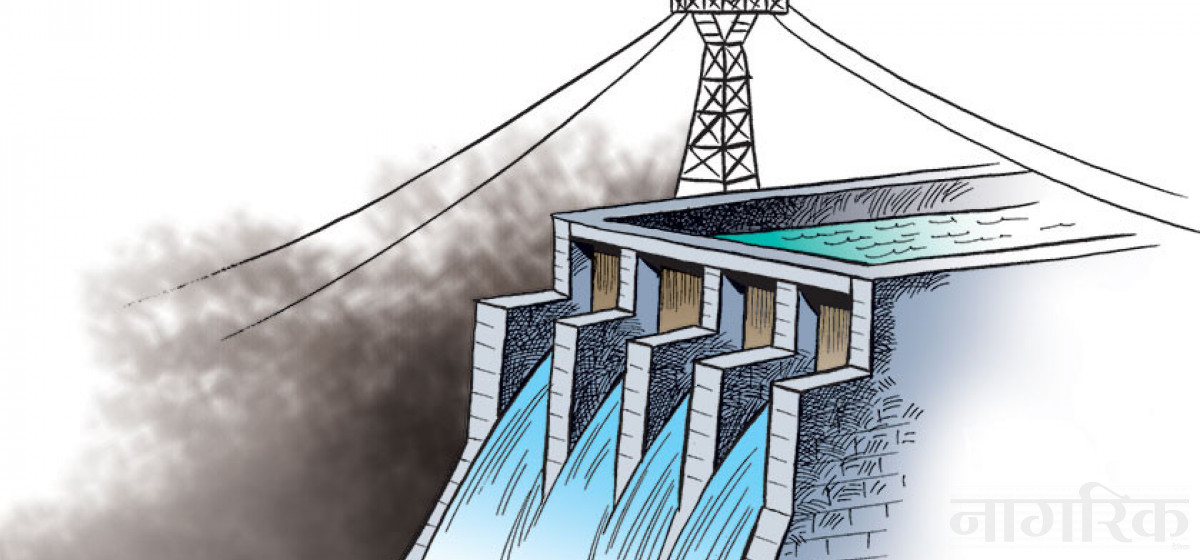
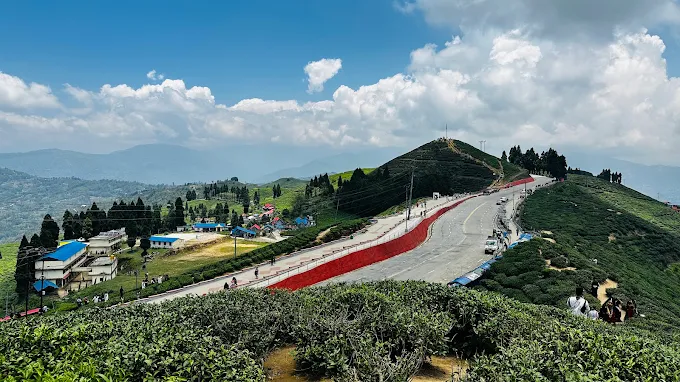
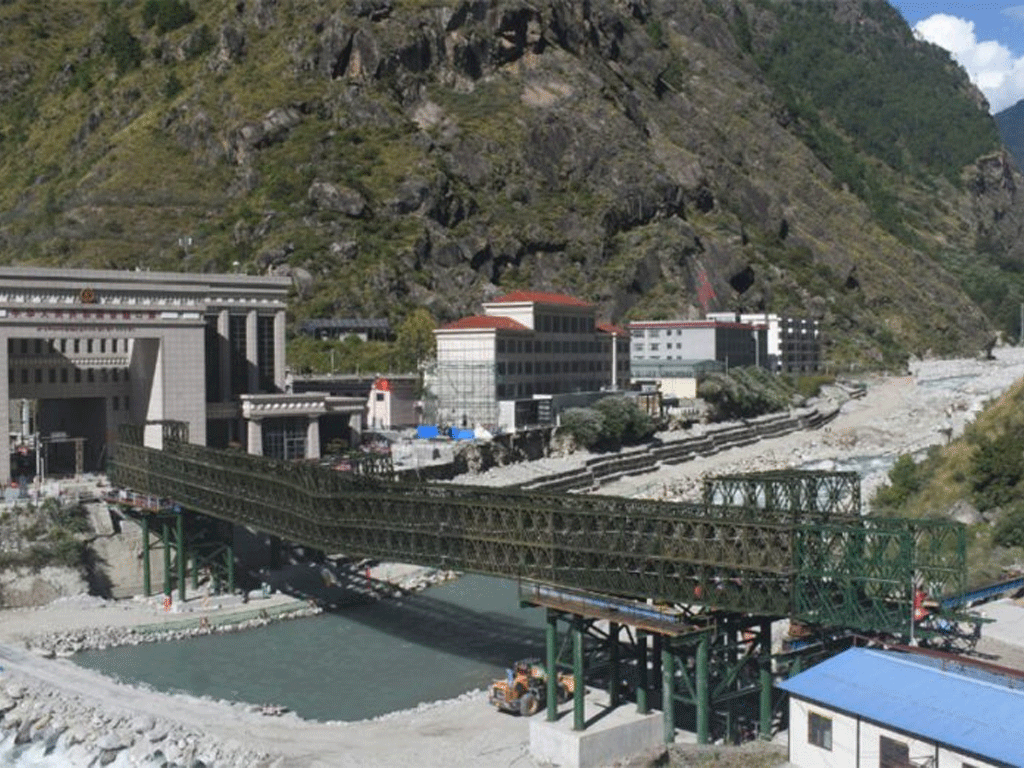
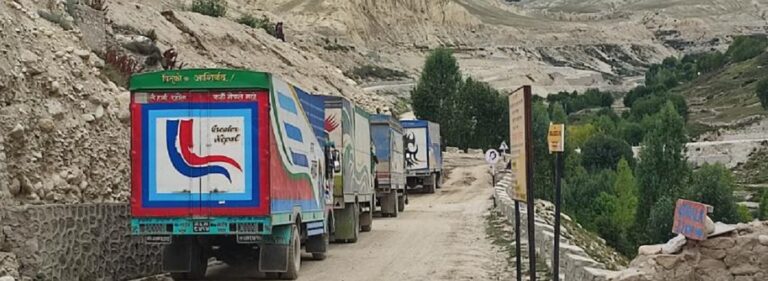
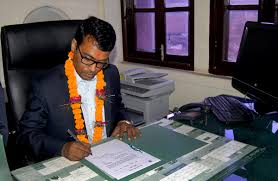
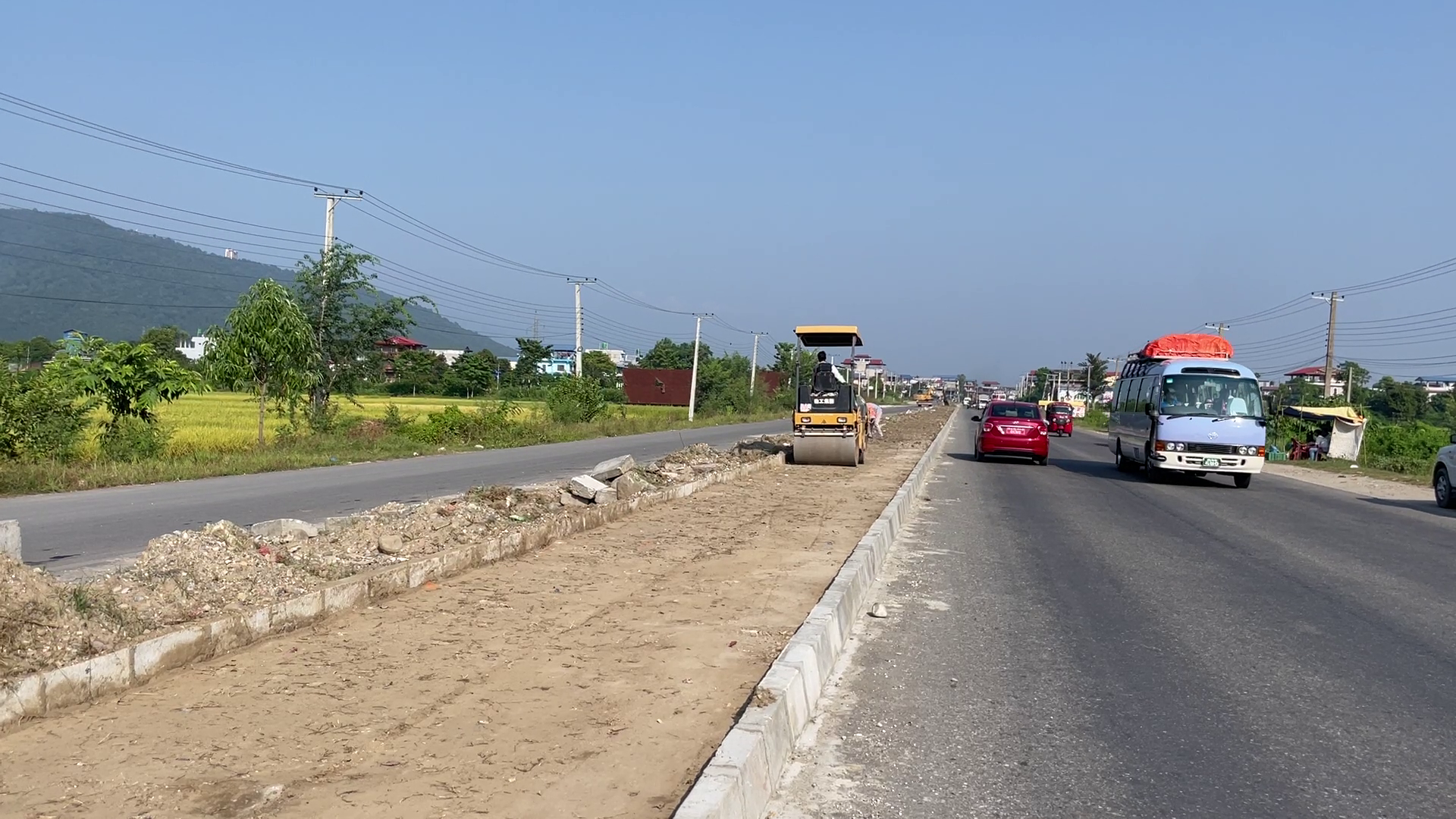
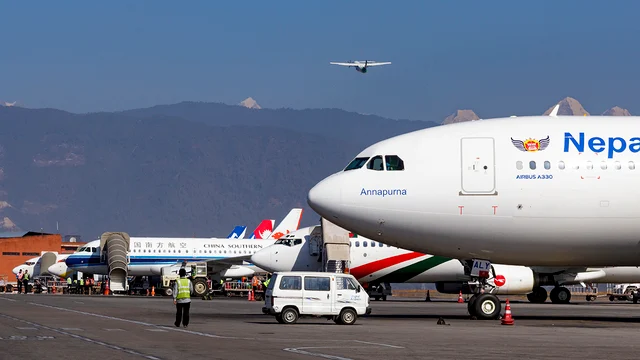

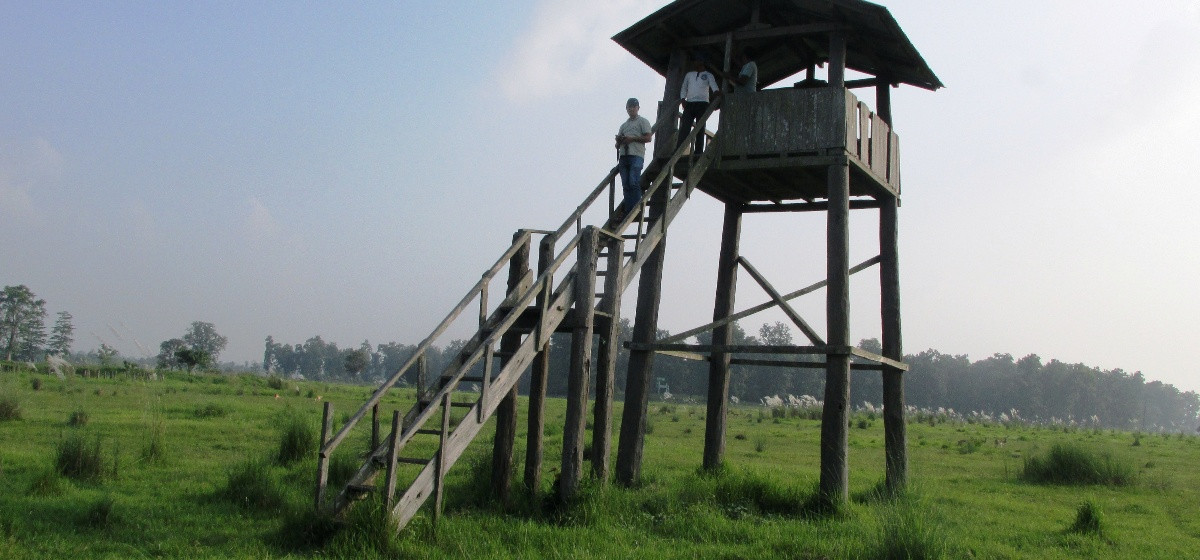

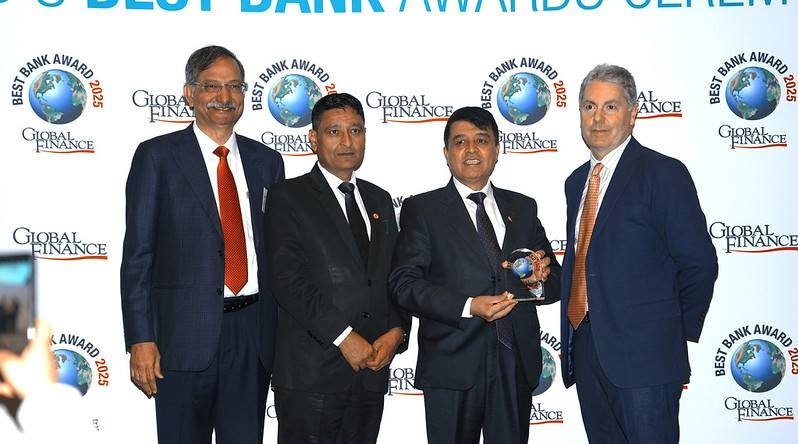
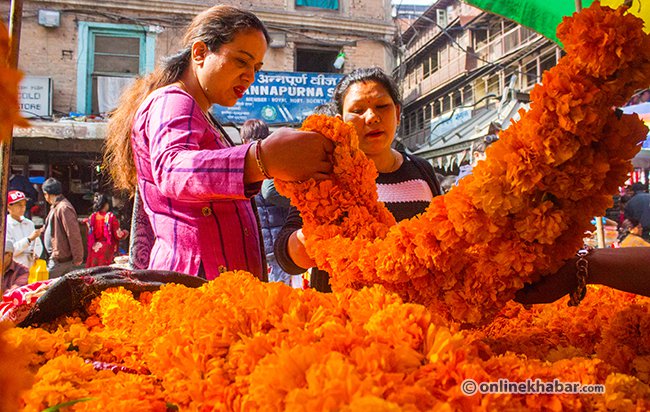
Comments:
Leave a Reply